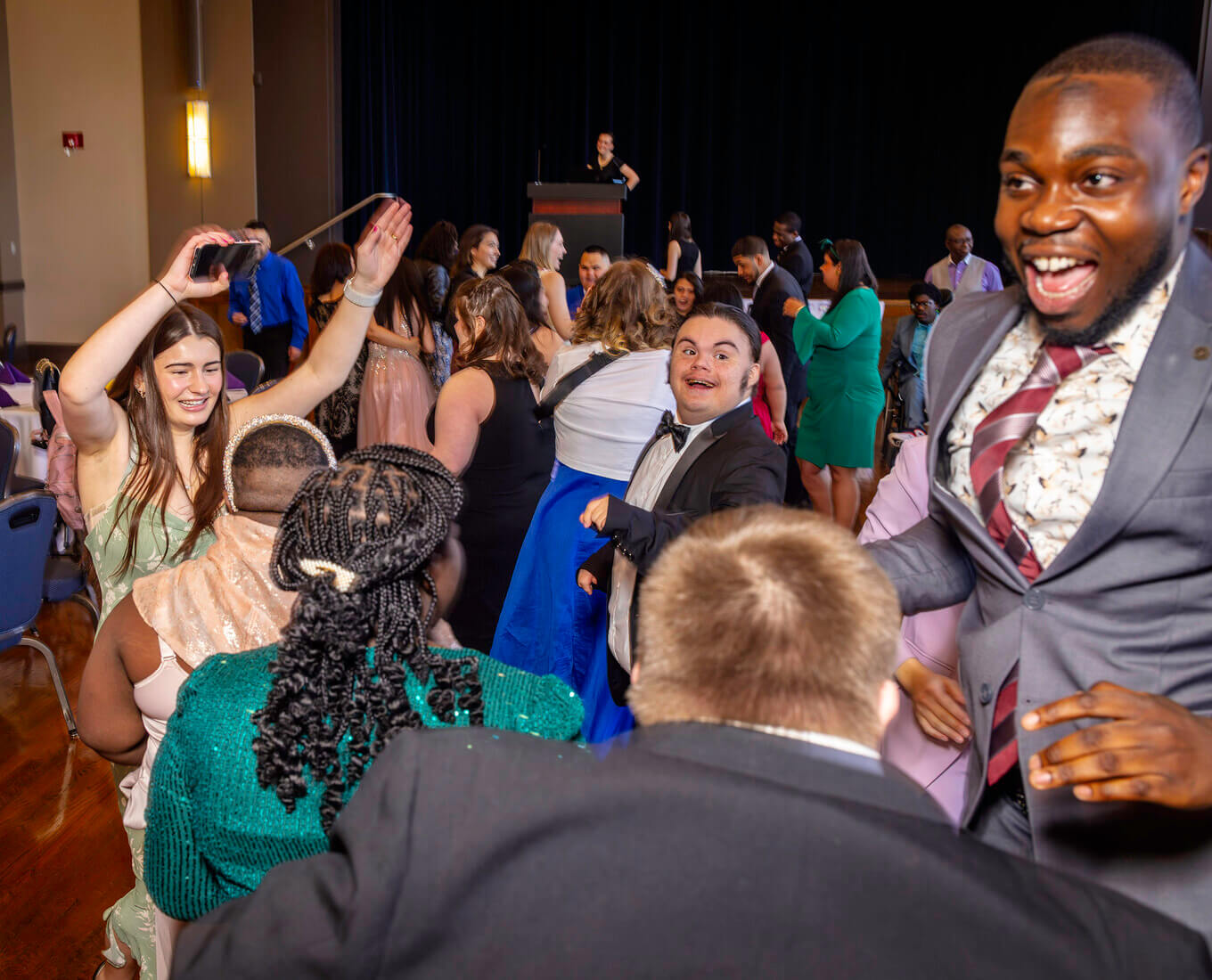. Then in my sophomore year, I hadn"t given any thought to applying for an internship. And I certainly didn't see myself doing one last summer — I thought internships were something only juniors did. However, what was immediately appealing was the fact that finding my internship site was up to me, which meant that I could stay local. That mattered, as hailing from a tiny town in southwestern Vermont, there aren't too many internship opportunities — in any field — near my home.
I filled out the application, went through the interview process and was notified that I had been accepted into the program. Now all I had to do was find my site, which could be any faith-based organization that was not my home parish. Granted, there aren't that many faith-based organizations near my home of which I'm not aware, but that's what Google is for. I quickly learned there were several parishes right across the border in upstate New York, including one named Holy Cross. If that wasn't a sign, then I didn't know what was.
I reached out to Jeff Peck, parish life director for the Battenkill Catholic Cluster, of which Holy Cross is a part. Since the cluster consisted of relatively small parishes, I would split my time between St. Patrick's, Holy Cross and Immaculate Conception. These parishes were linked because the same priest ministered to all three, despite being based at a fourth. Jeff was more than willing for me to intern, because as parish life director he basically performs all of the non-sacramental duties of a parish priest.
Soon after finals ended, I began my ministry. The upstate New York towns I covered were very rural, in many cases farming communities or old factory towns that had not rebounded since the factories left. At all three parishes, people were thrilled to see a college student involved in church ministry. As a result of the small staff sizes in all three locations (at one I doubled the staff — from one to two), I performed various tasks such as teaching Vacation Bible School; making Communion calls to the homebound; setting up and maintaining the myParish app; catching bats that had gotten into the belfry; assisting at funerals; presiding at funeral services; performing interments; assisting in setting up and executing a parish census; cooking community dinners; performing nearly every liturgical role other than priest; helping to facilitate book discussions; helping organize liturgical objects (deciding what needed to be buried and what could be kept); learning how to deal with insurance companies; learning about parish cash flow; and helping with the paperwork needed for the annulment process.
But simply listing the tasks I performed (as varied and interesting as they were) fails to capture the relationships I built with the people with whom I worked and with those to whom I ministered. I visited dozens of homebound elderly who were thrilled to have someone to talk to, and my role as a Eucharistic minister gave them the confidence to talk about their doubts, fears and hopes. This gave me an incredible sense of responsibility; these people barely knew me, yet because of my position they felt comfortable confiding their feelings to me, and this drove me to do my best to live up to what they expected me to be. This sense of responsibility was only enhanced when I was called upon to assist at the school associated with Immaculate Conception. As funny as it was when the kids thought that I was really old, I was in a position in which my actions and words would have a direct influence on their behavior and lives.
I was lucky enough to work with amazing people who provided me direction and inspired me to do my best. As I mentioned before, Jeff Peck was parish life director and the person with whom I worked most closely. He taught me what needed to be done, what should be done, how to deal with the politics that are present in any institution — especially one in a small town — and how to handle it all with faith and grace. Our views on church doctrine and liturgy were very similar, which made for smooth sailing. At the end of the summer, I looked back at my initial interview and remembered that Jeff kept asking me if I would be OK working with a lay parish director. Not only was I OK with it, but I also learned far more from him than from anyone else I ever worked with — lay or ordained — in any function of ministry.
At St. Patrick's, I visited many of the homebound with Sister Augusta Ann Burgess, or as we called her, Sister Gussie. Sister Gussie is a remarkable woman who devotes herself to caring for others. Whenever I went with her to visit one of "her people," I could feel the love that she had for them and they reciprocated in kind. Even though she's in her 80s, Sister Gussie shows no signs of slowing down (at one point, she was teaching me about smartphones). At St. Patrick's, I also worked with Mary Rosmus, director of faith formation, who taught me how to plan a class and talk about religion with families who were not necessarily "churched" — both essential to my overall ministry.
This internship accomplished its goal in that it exposed me to numerous forms of ministry and allowed me to explore and deepen my interest. The moral of my story for fellow students: Open every school email you get — you never know when there might be one that will help you find direction for your life.
Written by Luke Lapean '19 for the Spring 2018 issue of Holy Cross Magazine. Lapean is majoring in history with a minor in anthropology and a peace and conflict studies concentration.
About Holy Cross Magazine
Holy Cross Magazine (HCM) is the quarterly alumni publication of the College of the Holy Cross. The award-winning publication is mailed to alumni and friends of the College and includes intriguing profiles, make-you-think features, alumni news, exclusive photos and more. Visit magazine.holycross.edu/about to contact HCM, submit alumni class notes, milestones, or letters to the editor.
Luke Lapean '19 Reflects on Impact of a Summer Ministry Internship
Sophomore finds direction, inspiration assisting three parishes
Read Time
5 Minutes


